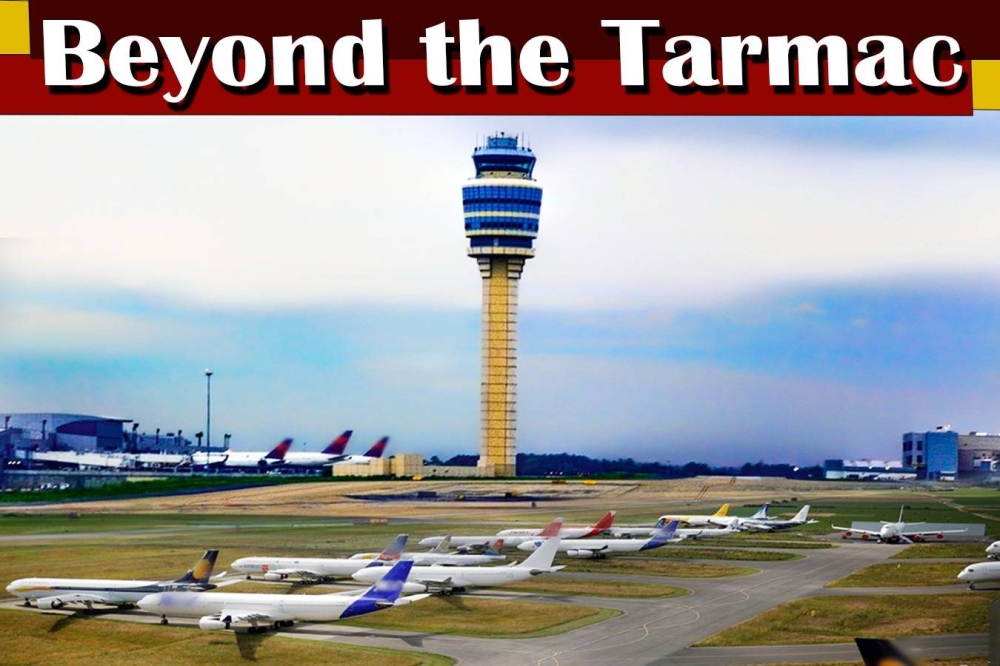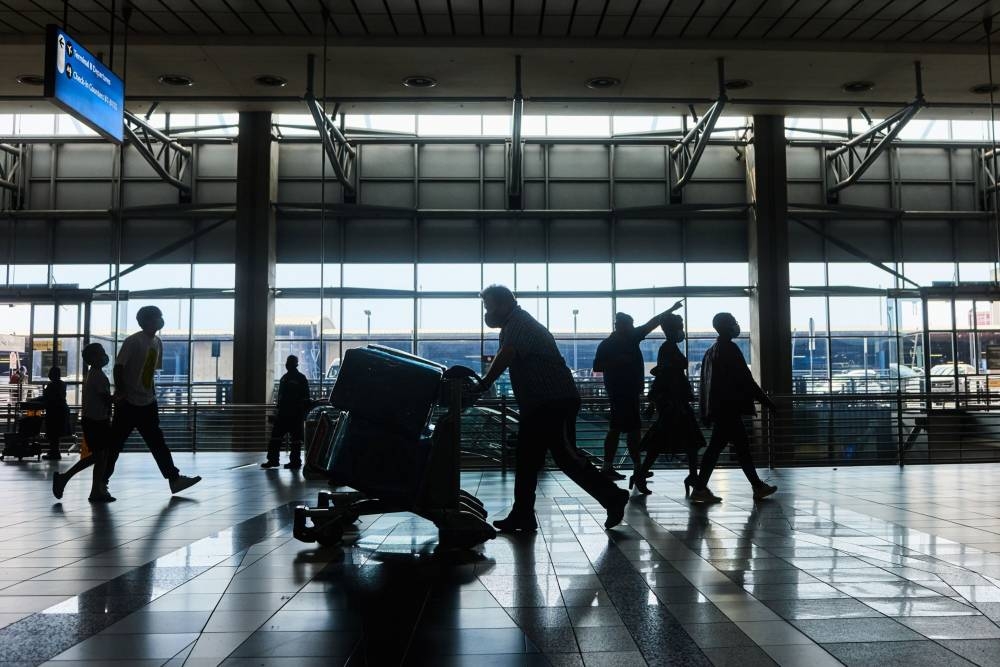
Obviously, a huge gap exists between Africa’s demand and supply. IATA points out that the continent can benefit from the connectivity, jobs and growth that aviation enables if that gap is closed.
Recently, the African Airlines Association (AFRAA) announced that it is joining ‘Focus Africa’, an IATA initiative, which is aimed at strengthening aviation’s contribution to Africa’s economic and social development and improve connectivity, safety and reliability for passengers and shippers.
This initiative will align private and public stakeholders to deliver measurable progress in six areas.
Under Focus Africa, private and public stakeholders are committed to delivering measurable improvements in six critical areas - safety, infrastructure, connectivity, finance and distribution, sustainability, and skills development.
"AFRAA strengthens the Focus Africa coalition as we work to increase aviation’s role in Africa’s development. This has enormous promise. The continent is home to the world’s most rapidly growing population but accounts for just 2% of air passenger and cargo transport activity.
“The road to realising aviation’s potential will be long. But with the strong partnerships committed to Focus Africa, we can, and we will realise the needed change,” said Kamil al-Awadhi, IATA’s regional vice-president (Africa and the Middle East).
“The tasks for Focus Africa are not new. Work is already underway as part of the work of IATA and other stakeholders in Africa. But after the financial trauma that the pandemic brought to African aviation, we are at a unique time of rebuilding. By launching Focus Africa now, we can ensure that the recovery from Covid-19 moves aviation to an even better place than we were in 2019,” al-Awadhi added.
Sustainably connecting the African continent internally and to global markets with air transport is critical for bringing people together and creating economic and social development opportunities.
It will also support the realisation of the UN’s Sustainable Development Goals (UN SDGs) for Africa of lifting 50mn people out of poverty by 2030.
In particular, trade and tourism rely on aviation and have immense unrealised potential to create jobs, alleviate poverty, and generate prosperity across the continent.
Africa has a solid foundation to support the case for improving aviation’s contribution to its development. Pre-Covid aviation supported 7.7mn jobs and $63bn in economic activity in Africa. Projections are for demand to triple over the next two decades.
In Africa, IATA has identified six critical focus areas that will make a positive difference for the continent’s aviation in particular and economy in general.
"The limiting factors on Africa’s aviation sector are fixable. The potential for growth is clear. And the economic boost that a more successful African aviation sector will deliver has been witnessed in many economies already. With Focus Africa, stakeholders are uniting to deliver on six critical focus areas that will make a positive difference. We will measure success and need to hold each other accountable for the results,” noted Willie Walsh, IATA director general.
Undoubtedly, Africa continues the path to recovery from the Covid-19 crisis. Air cargo is 31.4% over 2019 levels and air travel is 93% of 2019 levels. Full recovery for air travel is expected in 2024.


